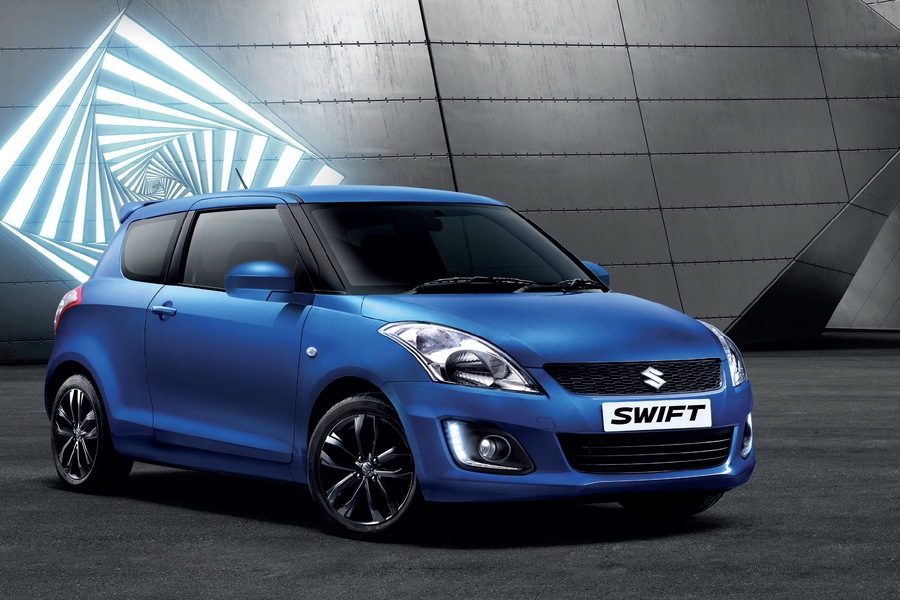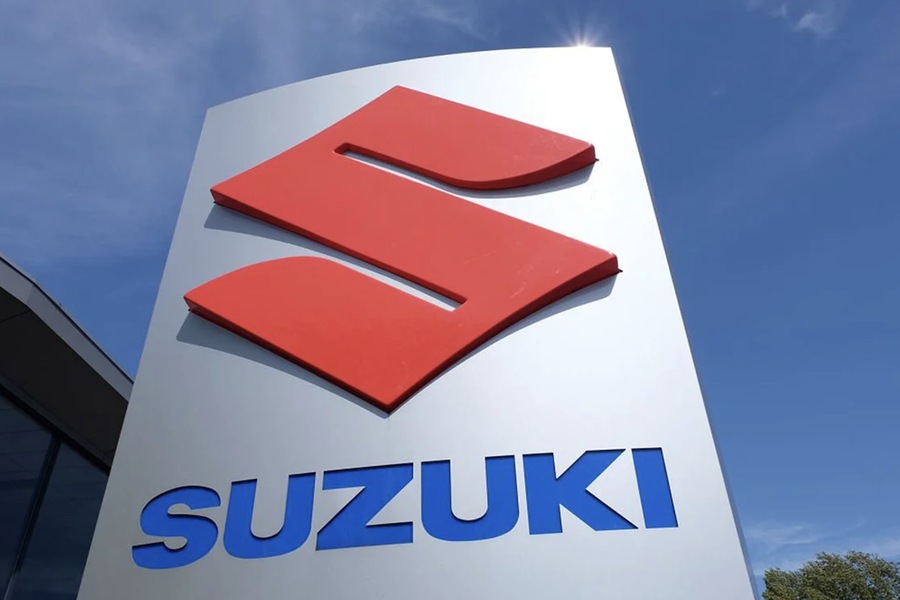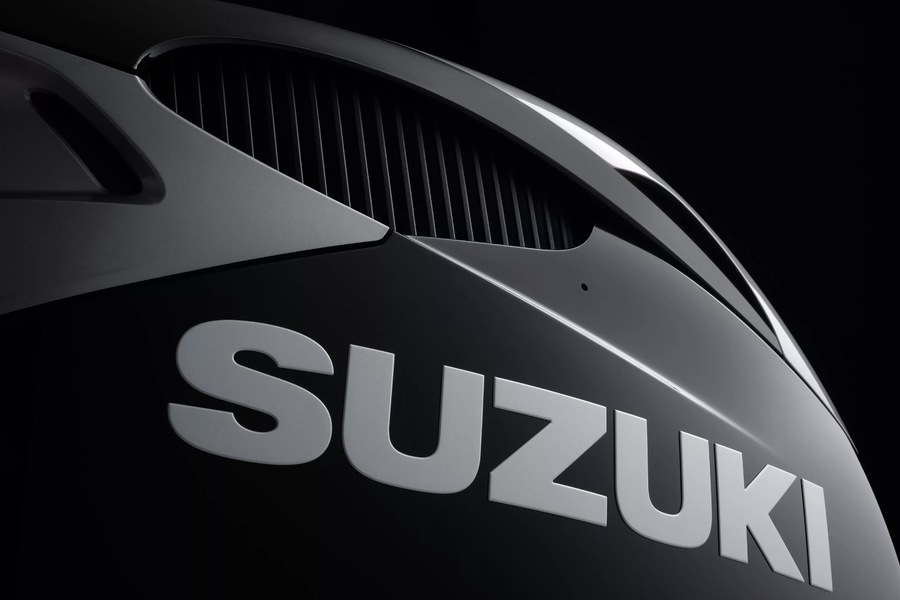Suzuki Motor Corporation, a name synonymous with reliability, innovation, and value, has cemented its place as a leading automobile manufacturer globally. Headquartered in Hamamatsu City, Shizuoka Prefecture, Japan, Suzuki’s journey began over a century ago in 1909. Founded by Michio Suzuki, the company initially focused on producing looms, a decision that would later evolve into a diversified engineering marvel. Suzuki’s vehicles are now popular choices for car hire Australia demonstrating the brand’s global reach and appeal.
Evolution of the Brand
1909 – 1954: Foundations and Renaming
– 1909: Suzuki Loom Works was established, catering to Japan’s burgeoning textile industry.
– 1920: Renamed Suzuki Loom Manufacturing Co., the company continued to innovate within the textile sector.
– 1954: A significant shift occurred, and the company was renamed Suzuki Motor Co., Ltd., signaling its entry into the automotive industry.
1930s – 1950s: Diversification and Initial Automotive Endeavors
– 1937: Amid a rising demand for cars in Japan, Suzuki began developing small cars, but World War II halted progress.
– 1952: Post-war, Suzuki created the Power Free motorbike, a revolutionary design that featured dual drive modes – engine-powered and pedal-powered.
– 1955: The launch of the Suzulight, Suzuki’s first small car, introduced groundbreaking features like front-wheel drive, independent suspension, and rack-and-pinion steering.

Milestones in Innovation
Motorcycle Racing and Outboard Motors
– 1962: Suzuki’s factory team triumphed at the Isle of Man TT motorcycle race, marking the brand’s prowess in motorsport.
– 1965: The company diversified further by producing outboard motors for boats and electric generators.
Automotive Advancements
– 1967: The introduction of the Fronte, Alto, and Cervo family of small cars.
– 1982: Launch of the world’s first all-terrain vehicle, the QuadRunner LT125.
– 1988: Production of the Vitara crossover, a model that remains iconic in Suzuki’s lineup.
Strategic Partnerships and Global Expansion
1980s – 2000s: Expanding Horizons
– 1981: Partnership with General Motors, enhancing Suzuki’s global footprint.
– 1986: Establishment of a joint venture in Canada and a new plant in the UK.
– 1990: Official renaming to Suzuki Motor Corporation.
– 1991: Inauguration of the Magyar Suzuki plant in Hungary.
– 1993: Joint venture in China.
– 1994: Introduction of the Alto van minivan in Japan, celebrated for its affordability.
– 1998: General Motors increased its stake in Suzuki to 10%.
2009 – Present: Modern Alliances and Innovations
– 2009: Alliance with Volkswagen Group, focusing on environmentally friendly vehicles.
– 2017: Strategic partnership with Toyota, further solidifying Suzuki’s commitment to innovation.
– 2023: Agreement with SkyDrive to produce the SKYDRIVE (SD-05) flying car, commencing in March 2024.
Leadership and Key Figures
Suzuki’s success can be attributed to visionary leadership. Currently, Toshihiro Suzuki serves as chairman of the board of directors and president, with Rio Kawamura as the chief executive officer. Under their guidance, Suzuki continues to thrive in a competitive market.
Product Range and Innovations
Suzuki’s cars are renowned for their:
– Appearance: Stylish and contemporary designs.
– Level of Equipment: Advanced features and technology.
– Capacity: Efficient use of space.
– Controllability: Excellent handling and driving experience.
– Permeability: Robust off-road capabilities in models like the Jimny.
– Specifications: High performance and reliability.
– Economical: Fuel-efficient and cost-effective.
– Technological Solutions: Integration of cutting-edge technology.
– Service Availability: Extensive service network.
Popular Models
Some of Suzuki’s most beloved models include:
Suzuki Jimny: Known for its off-road prowess.
The Suzuki Jimny is an off-road compact SUV that has built a reputation for its rugged capability and classic design. It’s beloved by enthusiasts for its four-wheel-drive system, lightweight construction, and maneuverability, making it a favorite for both urban and adventure driving.
Suzuki Solio: Compact and versatile.
The Suzuki Solio is a compact MPV that emphasizes space efficiency and versatility. Its tall design allows for a spacious interior despite its small footprint, making it ideal for city driving while still providing ample room for passengers and cargo.
Suzuki Swift: A blend of performance and style.
The Suzuki Swift is a stylish and sporty hatchback that offers a dynamic driving experience. Known for its agile handling, fuel efficiency, and contemporary design, the Swift is popular among those looking for a car that’s fun to drive and easy to park.
Suzuki SX-4: A practical and reliable choice.
The Suzuki SX-4 is a crossover that combines the features of a hatchback and an SUV. It’s appreciated for its practicality, spacious interior, and reliability. The SX-4 is well-suited for a variety of driving conditions, from city streets to rougher terrains.
Suzuki Vitara: Combining luxury with functionality.
The Suzuki Vitara is a compact SUV that balances style, comfort, and off-road capability. It features a sophisticated design, a comfortable interior, and advanced safety and technology features, making it a popular choice for families and adventurers alike.
Market Presence
Suzuki’s primary markets are Japan and India, contributing 30% and 33% of revenue, respectively. European countries account for 10% of revenue. Globally, Suzuki sells approximately 2 million cars and 3 million motorcycles annually. The corporation employs over 57,000 people, highlighting its significant economic footprint.

Global Strategy and Innovation
Japan and India: Core Markets
In Japan, Suzuki is a household name known for its reliable and affordable vehicles. The company’s kei cars, like the Alto and Wagon R, are particularly popular due to their compact size, fuel efficiency, and ease of maneuvering in crowded urban environments. These models adhere to Japan’s kei car regulations, making them a practical choice for city dwellers.
In India, Suzuki operates through its subsidiary, Maruti Suzuki, which commands a dominant market share. Maruti Suzuki’s success is attributed to its extensive dealer network, affordable pricing, and vehicles tailored to the needs of Indian consumers. Models like the Maruti Suzuki Swift, Baleno, and Vitara Brezza have become bestsellers, catering to a wide range of customers from first-time buyers to families seeking spacious and reliable vehicles.
Europe and Beyond: Expanding Horizons
In Europe, Suzuki has established a strong presence with models like the Vitara and Swift, which appeal to consumers looking for compact, versatile, and fuel-efficient vehicles. The brand’s emphasis on hybrid technology and low emissions aligns well with Europe’s stringent environmental standards, making Suzuki a preferred choice for eco-conscious drivers.
Suzuki’s strategy also involves continuous innovation and adaptation to market demands. The partnership with Toyota, for instance, aims to enhance Suzuki’s hybrid and electric vehicle offerings, ensuring the brand remains competitive in an era of increasing environmental awareness and regulatory pressure.
Commitment to Sustainability
Suzuki is committed to sustainability and environmental stewardship. The company has implemented various initiatives to reduce its environmental impact, including:
– Eco-Friendly Vehicles: Developing hybrid and electric vehicles to reduce emissions and reliance on fossil fuels.
– Green Manufacturing: Adopting environmentally friendly manufacturing processes to minimize waste and energy consumption.
– Recycling Programs: Implementing recycling programs for end-of-life vehicles to promote resource conservation and reduce landfill waste.
– Community Engagement: Supporting local communities through initiatives focused on education, health, and environmental conservation.
Conclusion
Suzuki Motor Corporation’s journey from a small loom manufacturer to a global automotive giant is a testament to its resilience, innovation, and commitment to quality. With a rich history of technological advancements and strategic partnerships, Suzuki continues to lead in the automotive industry, offering products that cater to diverse consumer needs worldwide. The company’s focus on sustainability and market adaptation ensures that it remains at the forefront of automotive innovation, delivering value and reliability to millions of customers around the globe.

Skateboarder, self-starter, hiphop head, Swiss design-head and Guest speaker. Producing at the nexus of aesthetics and programing to craft an inspiring, compelling and authentic brand narrative. I’m fueled by craft beer, hip-hop and tortilla chips.


